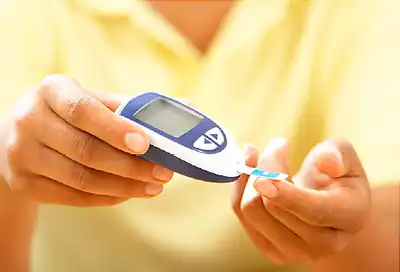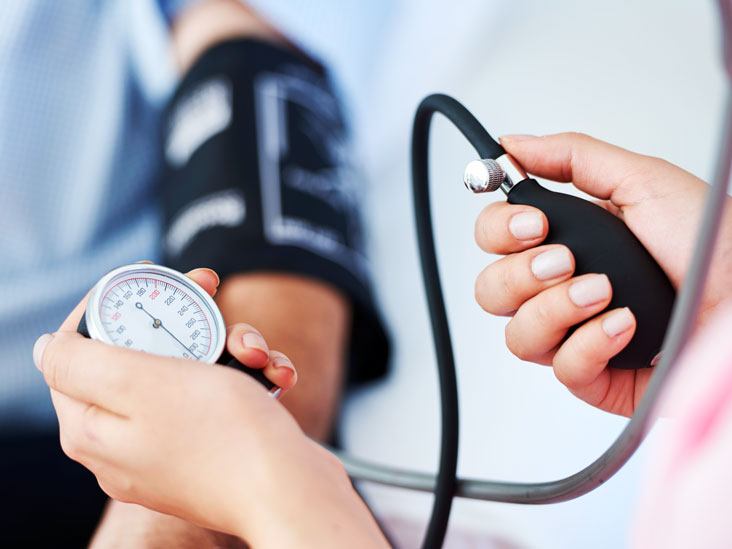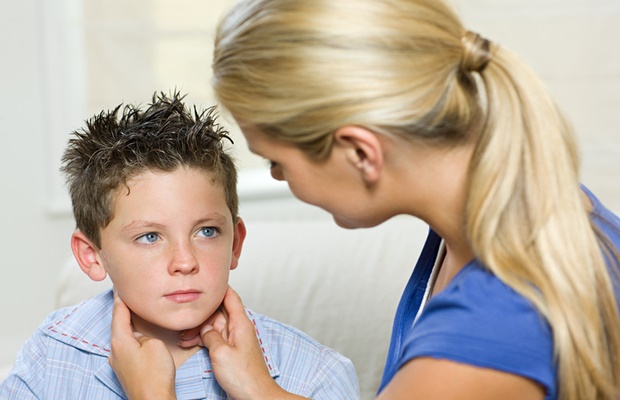Hearing loss can be genetic or caused by damage to the ear – but did you know that there are also some diseases that can cause hearing loss?
When it comes to hearing loss, we tend to associate it with aging or something caused by genetic predisposition. But certain diseases can actually increase a person’s risk of developing hearing loss. In fact, anything that leads to damage of the complicated structure of the ear can lead to deafness.
Here are four common diseases that can cause hearing loss:
Chronic Kidney Disease
 Chronic kidney disease involves a gradual loss of kidney function. Approximately 14 percent of the general population suffers from kidney disease. One study found that those who have kidney disease have a 43 percent greater risk of experiencing hearing loss.
Chronic kidney disease involves a gradual loss of kidney function. Approximately 14 percent of the general population suffers from kidney disease. One study found that those who have kidney disease have a 43 percent greater risk of experiencing hearing loss.
Researchers believe that the link between kidney disease and hearing loss has to do with an accumulation of toxins that end up damaging the nerves throughout the body, including those associated with proper hearing function. When the kidneys don’t function properly, toxins cannot be eliminated efficiently and can build up in the bloodstream.
Because of the strong connection between these two conditions, it’s important for people who know they suffer from chronic kidney disease to take steps to protect and preserve their hearing. This means getting hearing assessments earlier and more regularly.
Diabetes
 Hearing loss is twice as common among people with diabetes as it is among those who don’t have the disease. The rate of hearing loss is also 30 percent higher among adults who are pre-diabetic. It’s not clear exactly what the connection is between diabetes and hearing loss. However, many researchers believe that chronically elevated blood sugar is the culprit.
Hearing loss is twice as common among people with diabetes as it is among those who don’t have the disease. The rate of hearing loss is also 30 percent higher among adults who are pre-diabetic. It’s not clear exactly what the connection is between diabetes and hearing loss. However, many researchers believe that chronically elevated blood sugar is the culprit.
Their hypothesis is that high blood sugar levels contribute to nerve damage and hinders the function of the nerves and small blood vessels in the inner ear (similar to the way kidney damage can contribute to hearing loss).
People with diabetes should take the same precautions as people with chronic kidney disease to protect and preserve their hearing — get regular exams and get fitted for hearing aids early.
High Blood Pressure
 High blood pressure — also known as hypertension — is another common disease (it affects nearly 75 million American adults) that can contribute to hearing loss. To understand how blood pressure affects hearing, it’s important to understand what blood pressure actually is.
High blood pressure — also known as hypertension — is another common disease (it affects nearly 75 million American adults) that can contribute to hearing loss. To understand how blood pressure affects hearing, it’s important to understand what blood pressure actually is.
Blood pressure is a measurement of the force of blood against the veins and arteries. It consists of two numbers. The first number, your systolic pressure, indicates the pressure exerted when your heart pushes blood out, and the second number, your diastolic pressure, indicates the pressure when the heart is relaxed and not pumping blood.
If your systolic pressure is greater than 120 and your diastolic is greater than 80, you are considered to have high blood pressure. High blood pressure can cause damage to the lining of your arteries. Over time, fatty plaque can build up in these damaged areas and diminish or completely halt blood flow.
How are high blood pressure and hearing loss related? High blood pressure leads to damage to the blood vessels and arteries in all parts of the body, including the ears. Research has found that when blood pressure increases, hearing ability goes down.
Mumps
 Mumps is a viral infection that causes inflammation of the salivary glands. Mumps is a relatively rare illness these days, thanks to the vaccination that children are required to get before they attend public school. But, it can still happen in unvaccinated individuals, and one of the side effects is hearing loss.
Mumps is a viral infection that causes inflammation of the salivary glands. Mumps is a relatively rare illness these days, thanks to the vaccination that children are required to get before they attend public school. But, it can still happen in unvaccinated individuals, and one of the side effects is hearing loss.
The mumps virus has been shown to cause damage to the tiny sensory hair cells found in the inner ear. Once damaged hair cells cannot be repaired, or restored, which results in permanent hearing loss.
Source: https://hearinghealthmatters.org/theaudiologycondition/2018/four-diseases-contribute-hearing-loss/
